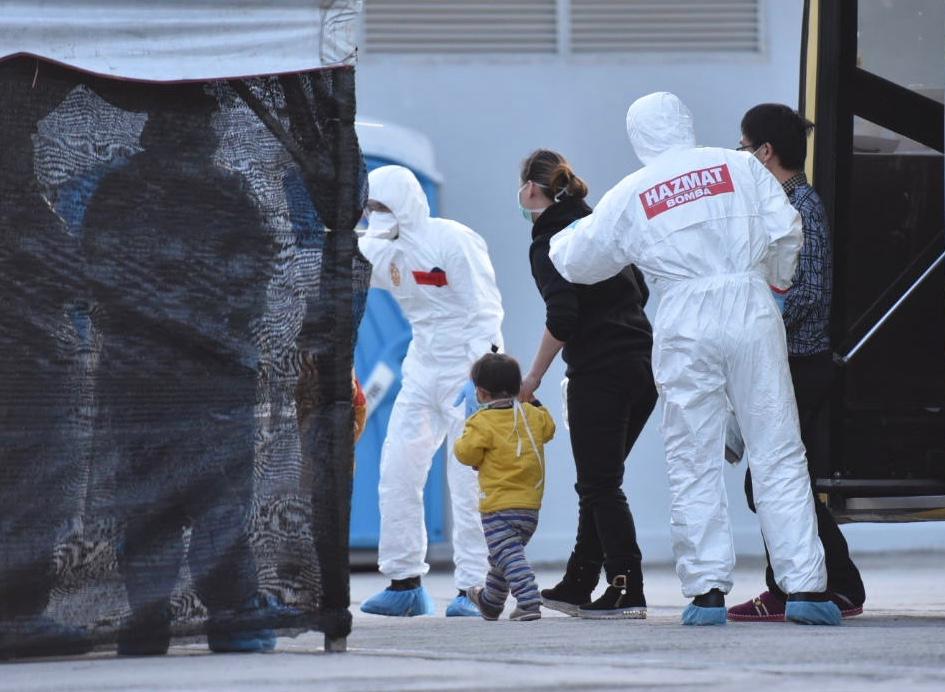KUALA LUMPUR, March 17 — The recent spike in coronavirus infections in Southeast Asia is proof that warmer weather does not necessarily stem the spread of Covid-19, health experts said.
Speculation had been rife that hotter weather was able to suppress the virus, after relatively low cases of infections were recorded in hot, tropical countries like Singapore, Thailand and Malaysia, at the beginning of the pandemic.
But most Southeast Asian have recorded their highest rate of infections in recent days, with testing ramping up and more clusters being recorded, as is the case with Malaysia’s 500 over cases and three known clusters.
“The temperature theory doesn’t really hold up given what’s happening right now in much of Southeast Asia,” Tikki Pangestu, a professor at Singapore’s Lee Kuan Yew School of Public Policy told Reuters.
“People in Europe hope warm weather will kill the virus. I doubt this will be the reality.”
The coronavirus has infected over 170,000 and killed more than 6,500 people worldwide. Symptoms are similar with that of the winter influenza, which is more widespread in colder temperatures.
Areas such as Wuhan in central China, the centre of the pandemic, and northern Italy and parts of America, share similar climates and temperatures, and which have seen high numbers of Covid-19 cases.
The World Health Organization (WHO) reportedly said this month that there was no evidence that temperature would play a role in the coronavirus outbreak but it was an avenue worth exploring.
Other experts said the rise of cases could be due to limited testing, under-detection due to a lack of resources, and more imported cases as the virus moves to multiple epicentres outside of China.
“At best, warm weather might influence the spread but it will not see the end of it,” said Dale Fisher, chair of the Global Outbreak Alert and Response Network coordinated by the WHO.
“What is important is how effectively countries are isolating cases, removing people from communities. That’s the biggest factor, not the weather,” he told Reuters.
In the Philippines, deaths more than doubled to 12 at the weekend, with confirmed cases rising to 140 – compared to three 10 days ago. Malaysia reported a further 125 coronavirus cases on Monday, bringing its total to 553 –- the highest in Southeast Asia.
Thailand reported 33 new cases on Monday, its biggest daily jump, while
Indonesia confirmed 17 more cases on the same day, taking its toll to 134. Indonesia only recorded its first cases on March 2.








